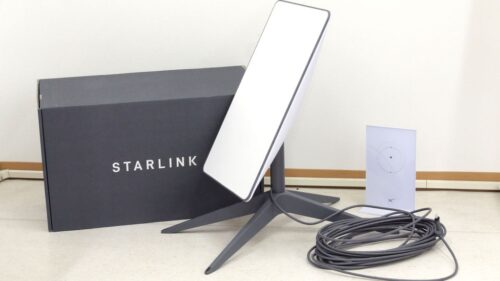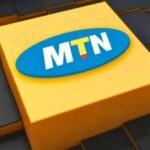
Starlink, the satellite internet service operated by SpaceX, has emerged as Nigeria’s second-largest internet service provider (ISP), overtaking FiberOne Broadband Limited in the final quarter of 2024. According to data from the Nigerian Communications Commission (NCC), Starlink’s subscriber base more than doubled within a year, growing from 23,897 users in 2023 to 65,564 by December 2024.
Despite offering premium-priced packages, Starlink’s rapid expansion underscores the strong demand for high-speed, reliable internet services in Nigeria—particularly in underserved areas. The service delivers speeds of up to 250 Mbps, far exceeding what most local ISPs currently provide.
While Starlink ascends, Spectranet maintains its position as Nigeria’s largest ISP, though with a shrinking subscriber base. Spectranet’s users dropped from 113,869 at the end of 2023 to 105,441 by Q3 2024, losing 8,428 subscribers—a figure that held steady into Q4.
Unlike Starlink, which operates entirely through satellite technology, Spectranet relies on terrestrial fiber and wireless infrastructure, which requires costly right-of-way permits, tower installations, and substantial power resources. These dependencies hinder rapid expansion, especially to remote areas.
Ladi Okuneye, CEO of UniCloud, an ISP mentioned, “It’s no surprise that Starlink has climbed to second place, the beauty of satellite technology is its ability to deliver connectivity anywhere—whether it’s Ikoyi or Ikot Ekpene—without the limitations of fiber or wireless terrestrial networks.”

Starlink’s growth also reflects rising dissatisfaction among consumers with inconsistent service quality from traditional mobile operators and ISPs. With a growing constellation of satellites, Starlink continues to improve internet speeds, reduce latency, and ensure service reliability. As of February 2025, SpaceX had launched 8,039 Starlink satellites, of which 7,049 are operational and actively delivering services globally.
Although Starlink has gained interest, pricing remains a contentious issue. In December 2024, the company announced plans to double its monthly subscription fee in Nigeria—from ₦38,000 to ₦75,000. While this increase was initially applied to new customers, existing users were set to transition to the higher rate by January 27, 2025. However, faced with surging demand and regulatory scrutiny, Starlink paused the price adjustment.
This was not Starlink’s first attempt to raise prices in Nigeria. In October 2024, the NCC blocked a similar effort, citing procedural issues. Eventually, the NCC approved tariff adjustments on February 4, 2025, allowing telecom operators to revise their pricing. Though local providers such as MTN Nigeria, Airtel Nigeria, and Smile Communications have since adjusted their rates, Starlink has yet to implement its proposed increase.
Despite its success, Starlink is not without limitations. The service is currently restricted to fixed locations, preventing users from accessing it while on the move. Although Starlink began deploying satellite-to-phone connectivity in 2024 to eliminate mobile dead zones, this service has not yet been introduced in Africa.
Nevertheless, as demand for dependable broadband grows, Starlink’s expanding footprint signals a transformative shift in Nigeria’s broadband market. However, regulatory constraints, affordability concerns, and the need for mobile-friendly solutions will be critical to Starlink’s long-term trajectory in the country.


